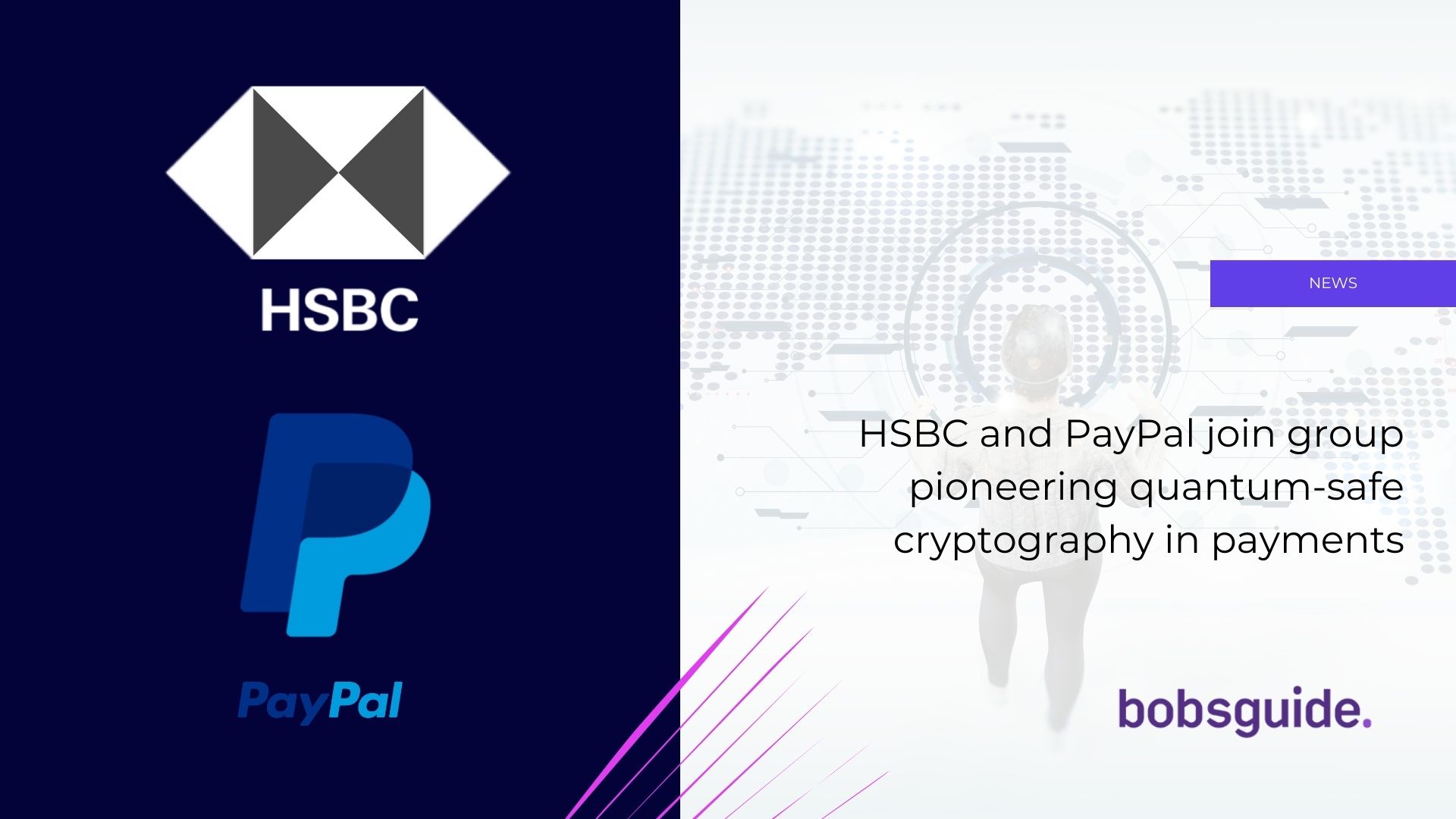HSBC and PayPal join group pioneering quantum-safe cryptography
HSBC and PayPal are among the founding members of a new working group that aims to develop quantum-safe cryptography, preventing the cybersecurity threats posed by quantum computing’s potential to break current encryption methods.
-
Editorial Team
- April 30, 2024
- 2 minutes

Financial giants HSBC and PayPal teamed up with an ambitious working group dedicated to spearheading the adoption of quantum-safe cryptography within the payments industry. This initiative is led by the Emerging Payments Association Asia (EPAA) and also includes other tech and financial titans like IBM and Australian Payments Plus.
As quantum computing advances, it brings with it the power to shatter current encryption standards, such as RSA. This could leave our data exposed and vulnerable. Experts predict that within the next decade, quantum computers will pose significant cybersecurity risks. A DTCC white paper has already sounded the alarm, warning that quantum computing could render even the most secure systems susceptible to hacking.
The working group is not waiting for the quantum threat to become a reality. Instead, they are proactively exploring policy, regulation, and business processes for quantum-safe cryptography, particularly to protect payment rails. The collaboration aims to define requirements, identify dependencies, and create a roadmap for implementing post-quantum networks. This will help mitigate the risks associated with the quantum computers of the future.
Ray Harishankar, an IBM Fellow at IBM Quantum Safe, expressed enthusiasm for the project, stating, “Given the accelerated advancements of quantum computing, data and systems secured with today’s encryption could become insecure in a matter of years. We are pleased to work with the EPAA to help advance the industry’s move to adopt quantum-safe technology.”
The formation of this working group marks a significant step towards securing the financial industry against the quantum threat. By uniting leaders from finance and technology, the group is poised to develop strategies that will ensure the long-term security and trustworthiness of payment systems worldwide. As quantum computing continues to evolve, these preemptive measures are crucial for safeguarding our digital financial infrastructure.

 Bobsguide is a
Bobsguide is a